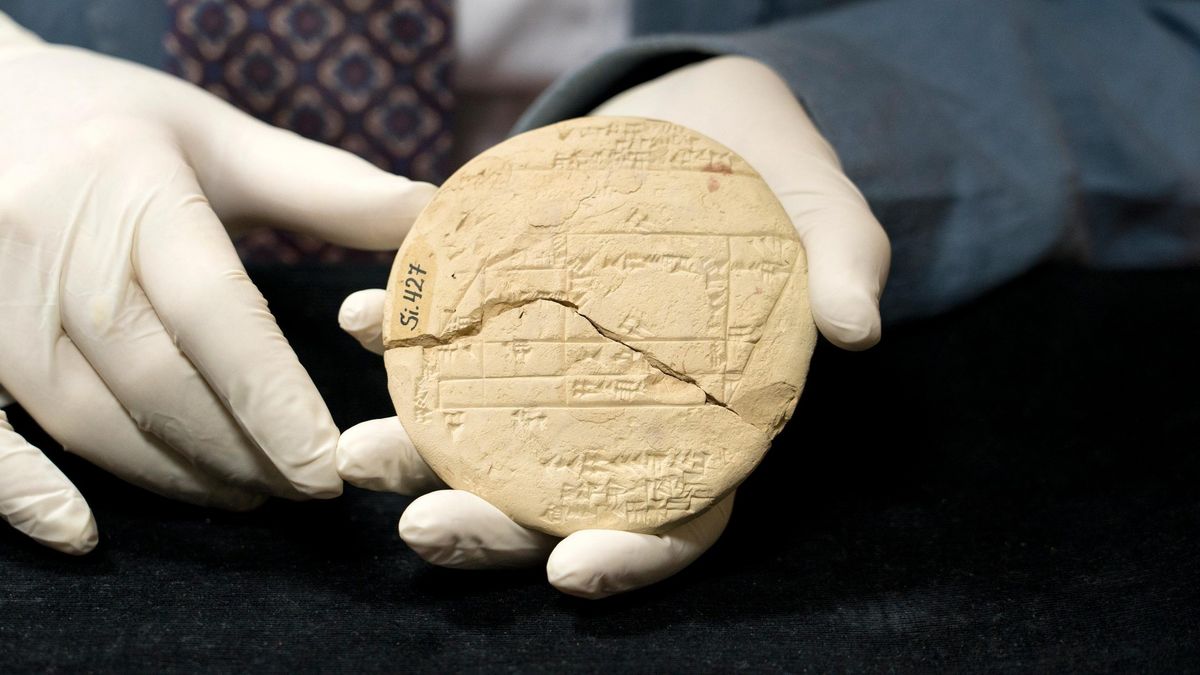
Babylonians
Babylonia was an ancient Akkadian-speaking state and cultural area based in central-southern Mesopotamia. A small Amorite-ruled state emerged in 1894 BC, which contained the minor administrative town of Babylon. It was merely a small provincial town during the Akkadian Empire but greatly expanded during the reign of Hammurabi in the first half of the 18th century BC and became a major capital city. During the reign of Hammurabi and afterwards, Babylonia was called "the country of Akkad", a deliberate archaism in reference to the previous glory of the Akkadian Empire. It was often involved in rivalry with the older state of Assyria to the north and Elam to the east in Ancient Iran. Babylonia briefly became the major power in the region after Hammurabi created a short-lived empire, succeeding the earlier Akkadian Empire, Third Dynasty of Ur, and Old Assyrian Empire. The Babylonian Empire rapidly fell apart after the death of Hammurabi and reverted to a small kingdom.

